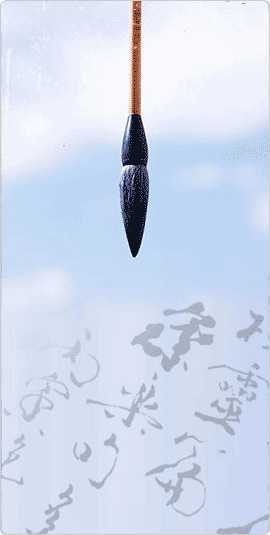Newsletter

Popular Chinese Expressions (Beginner)
Are You Free?

Màikè: Zhōumò nĭ yŏu kòng ma?
麦克: 周末 你 有 空 吗? ![]()
Mike: Are you free this weekend?
Wáng Yún: Yŏu. Zhōumò wŏ hĕn xián.
王 云: 有。 周末 我 很 闲。 ![]()
Wang Yun: Yes. I will be free this weekend.
Màikè: Wŏ bù zhīdào Bĕijīng năr de jiǔbā bĭjiào hăo, nĭ néng dài wŏ qù ma?
麦克: 我 不 知道 北京 哪儿 的 酒吧 比较 好,你 能 带 我 去 吗?
![]()
Mike: I don't know which bar in Beijing is better, can you take me there?
Wáng Yún: Méi wèntí!
王 云: 没 问题! ![]()
Wang Yun: No problem!
In Chinese “空 (kòng) and 闲 (xián)” both mean “free.” “有空 (yŏu kòng)” means to be free or to have free time. It can be used both in interrogative and declarative sentences. But we seldom put the adverbs “很 (hĕn) very,很多 (hĕn duō) a lot” before it. We use “很闲 (hĕn xián)” in declarative sentences to mean “having a lot of free time.” If “很闲 (hĕn xián)” is used in an interrogative sentence, it contains a note of dissatisfaction or disapproval.
For example:
Nĭ hĕn xián ma? Wèi shénme bú qù kàn shū ne?
你 很 闲 吗? 为 什么 不 去 看 书 呢? ![]()
Are you so free? Why not read a book?
Want to know the bars in Beijing?
Learn more at http://www.echineseonline.com/chinese-video-courses/beginner-chinese-series-4/lesson-1



